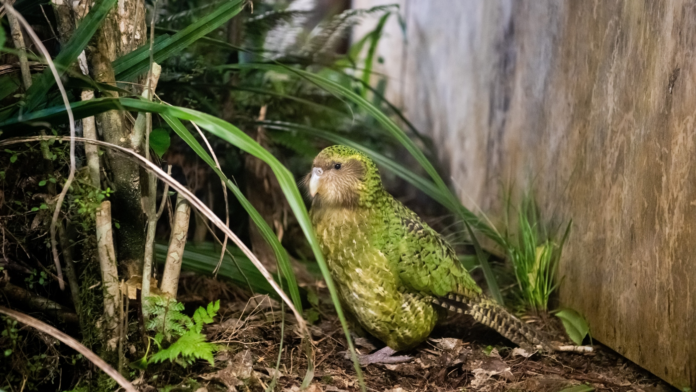New Zealand’s rarest birds have seemingly come back from the dead.
For decades, they were thought to be extinct until tiny populations were rediscovered, the holdouts that survived against the odds. There’s the kākāpō, a mossy-green parrot weighing up to eight pounds, making it the heaviest in the world. Then there’s the takahē, a large grassland bird with a red beak and blue ombre of feathers.
Now, New Zealand is undertaking one of the most ambitious conservation projects in the world to save them. It will only work if the country can develop the technology to do it.
Both birds cannot fly, which wasn’t a problem for millions of years. New Zealand (also known by its Māori name, Aotearoa) had no land mammals aside from bats, so the birds’ only predators were raptors that hunt from the sky.
Loading…
That changed when human settlers arrived, first Māori around 700 years ago and then Europeans in the 1800s. They brought mammals with them, predators that had no trouble sniffing out and devouring the ground-dwelling birds. Ever since, most of the country’s native birds have been in a downward spiral, with more than 80 percent of birds that breed there at risk.
To give native birds a chance, New Zealand plans to eliminate invasive predators by 2050, including three species of rats as well as ferrets, weasels and their relatives, stoats. In all, it will mean exterminating millions of animals, the largest invasive species removal project in the world, according to conservation experts.
Much of the work is being done with traps, a labor-intensive process that is costly to scale up over vast areas. Overall, eliminating predators is estimated to cost over $100 million per year. So New Zealand is looking to new technology, like automated traps that use artificial intelligence. Genetic research is also underway, potentially to develop ways to stop invasive predators from breeding. Still, even with new tools, some conservation experts say a full eradication still may not be possible.




